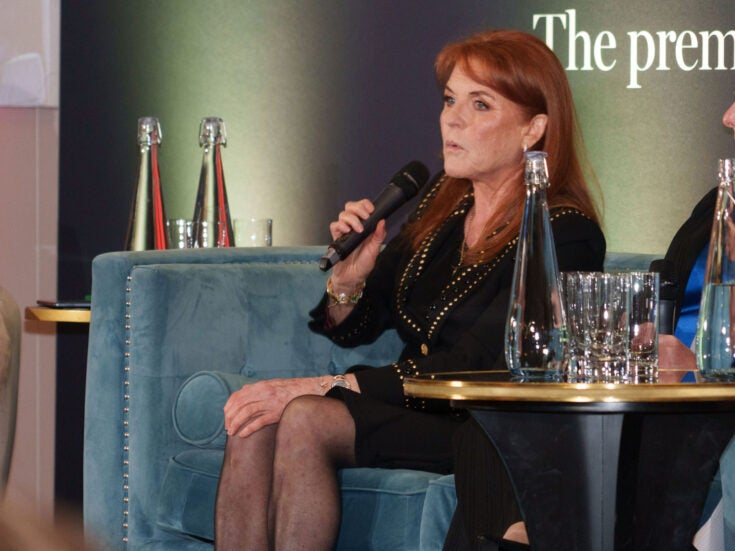

Every philanthropic decision can be fraught: was this the right cause? Was it the right amount? How do I know if it’s working? In an attempt to take the fuss out of philanthropy, a consultancy has devised a toolbox of questions donors should ask.
Giving Evidence, headed by Caroline Fiennes, has come up with ‘five easy tools’, each looking at a different aspect of the grand process:
Are our grants succeeding?
Is the patient getting better?
Could we release hidden funds by streamlining our processes?
What do our grantees think of us?
What have we learnt?
The tools, described in the new white paper ‘How funders can better understand their performance’, are meant to be easy, feasible and not perfect but sufficient to give a snapshot of performance.
Philanthropists are at liberty to give money and intervene where they like – this is the power of their wealth – but there is ‘little or no external scrutiny’ to guide them, unless they want it.
Of course, there is no guarantee your grants will pass any of the tests, the paper concedes, but you won’t know either way without them. Part of the challenge is getting donors to admit where things go wrong, for example in publishing their success (and thus ‘failure’) rate.
To this end, Fiennes says the first tool is the most important: ‘If I could only get people to do one of these it would be number one and I would get them to publish their answers. Everyone has a different style of giving and everyone has an opinion about why their style is so great, but we have no data about this – no data at all.’
The tools are broad brushes, the report says: exact results for one funder’s complete giving are too hard to come by and trying to associate outcomes with inputs can be ‘messy and meaningless’.
Soon after Spear’s finished our conversation with Fiennes, she emailed: ‘News just in… A family foundation has just said that, having read the white paper, they’re going to implement it all.’
For more info, see Giving Evidence







